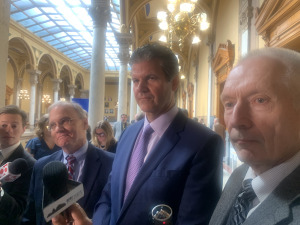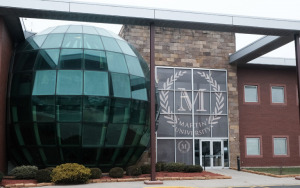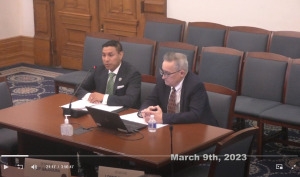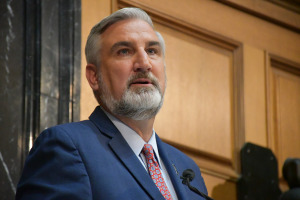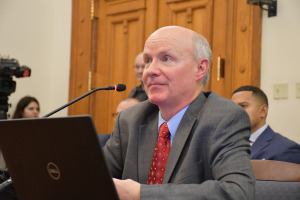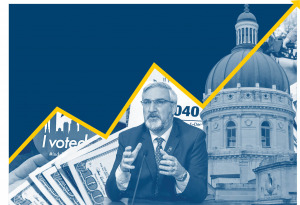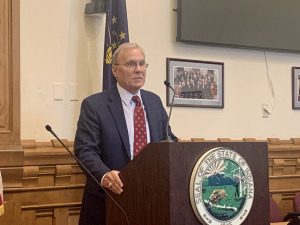
More money means more funding decisions for Indiana lawmakers as session nears end
A projected $1.5 billion in new revenue will add new drama to the final week of this year’s legislative session as the Indiana General Assembly grapples with how much to raise funding for public health, education and debt obligations.

